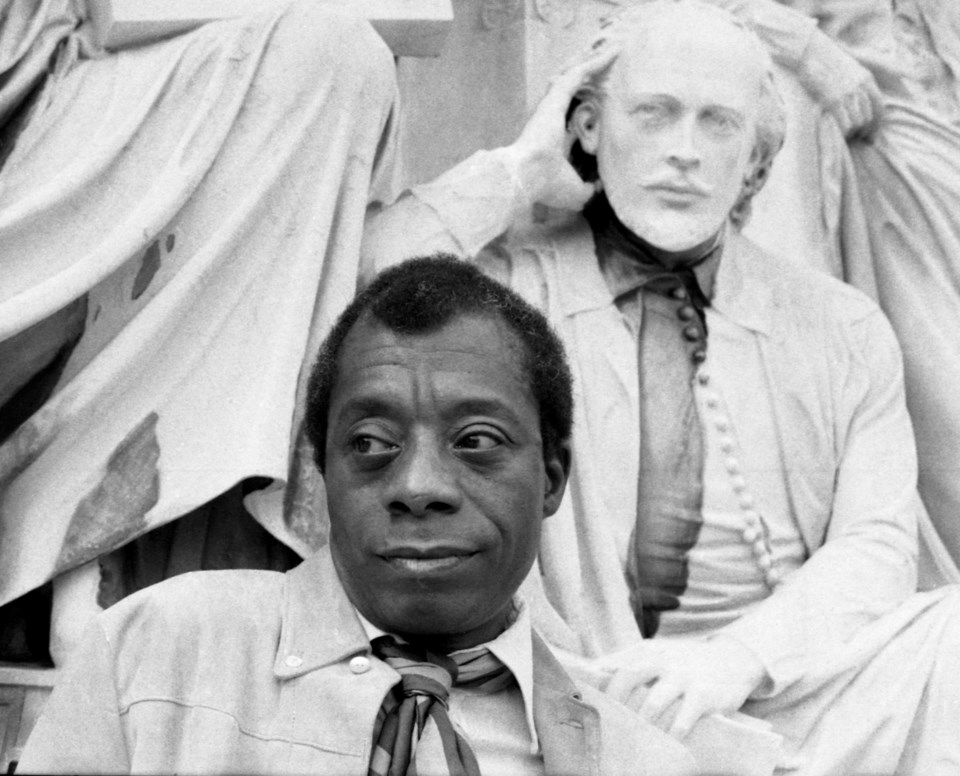Back in the ’90s, it seemed racist attitudes and behaviours were on the way out. If nothing else, educated people in North America were turning colour-blind in both word and deed. Culture was evolving, and the tiresome tone of identity politics from academia was just the pendulum swinging in the other direction.
Cut to a new millennium. News consumers are regularly pummelled with front-page frights over “homegrown terror” from “radicalized” youth — even though you or I have a better chance of drowning in the bathtub than dying in a terrorist attack.
In contrast, over the past quarter-century hundreds of thousands of innocent Muslims in distant lands have died directly as the result of decisions made by white males.
That makes people who look like me the top dogs in the global ethnic cleansing sweepstakes.
South of the border, skin colour remains the go-to signifier of threat. You may be Sikh, Sufi or Rastafarian, and still be mistaken for a ticking time bomb by a Fox News fan. The darker the skin, the darker the scenarios.
“To be a Negro in this country and to be relatively conscious is to be in a rage almost all the time,” wrote American author James Baldwin in 1953. A half-century after Baldwin’s observation, another generation is still subject to harsh lessons that their parents and grandparents struggled to remove from life’s curriculum (including “Driving While Black”).
An American jury’s failure to indict white Ferguson police officer Darren Wilson for the killing of black teenager Michael Brown, followed by similar failure to indict white NYPD officer Daniel Pantaleo for the choking death of black New York cigarette-seller Eric Garner, seem more appropriate to the time of the Klan than the tenure of Obama.
In these and countless similar cases of failed convictions, the judicial message to Americans sporting the wrong epidermis is this: it’s open season. Police are free to harass you, jail you, even kill you, at their own discretion.
Me, I’ve never been harassed by police officers in my many visits to the U.S. and rarely pestered by border agents beyond the usual kabuki terror theatre involving shampoo bottles and sunblock. Then again, I’m a white, male, middle class Canadian.
Many people of my background are like fish in water, oblivious to the medium of privilege they’ve swam through all their lives, from the locker room to the golf links.
Canucks shouldn’t be too smug about our purportedly progressive nation, however. If you are dark-skinned, female and poor, you’re not exactly a winner in the genetic lottery. Had the women who disappeared along B.C.’s Highway of Tears been white, there would have been a collective scream for commissions, expanded police investigations, the works. At the very least, the outcry would have resulted in a bus service to traffic people’s daughters through this northern limbo.
In August, 15-year-old Tina Fontaine was found dead and wrapped in a blanket in a Winnipeg river after running away from foster care.
“We should not view this as a sociological problem,” said Prime Minister Harper of Fontaine’s death, slamming the door on a possible enquiry into the high rate of missing and murdered aboriginal women in Canada.
“The law is weighted in favour of the wealthy and the powerful,” observes Guardian contributor Gary Younge. “When threatened, they apply their thumbs to the scale with great care not to leave any prints.”
To paraphrase F. Scott Fitzgerald, the rich are different: they have more lawyers. That’s why poor men and women of any colour have more interests in common than with either sex at the top of the social pyramid.
Cultural evolution is always a work in progress, and we shouldn’t forget the advances in human rights over the last half-century. Homosexuality no longer a state of secrecy, shame and possible prosecution in western industrialized nations. And the recent allegations against silverbacks in the North American entertainment industry suggest that even the sturdiest, Teflon reputations can suddenly turn sticky, in spite of riches and fame.
I’d like to think these are hopeful signs of history’s long arc. And I’d like to think the reactionary forces against progressive change, from the Ferguson/New York decisions to Fox News demagoguery, are the desperate gasps of creatures forced to adapt to dry land.



